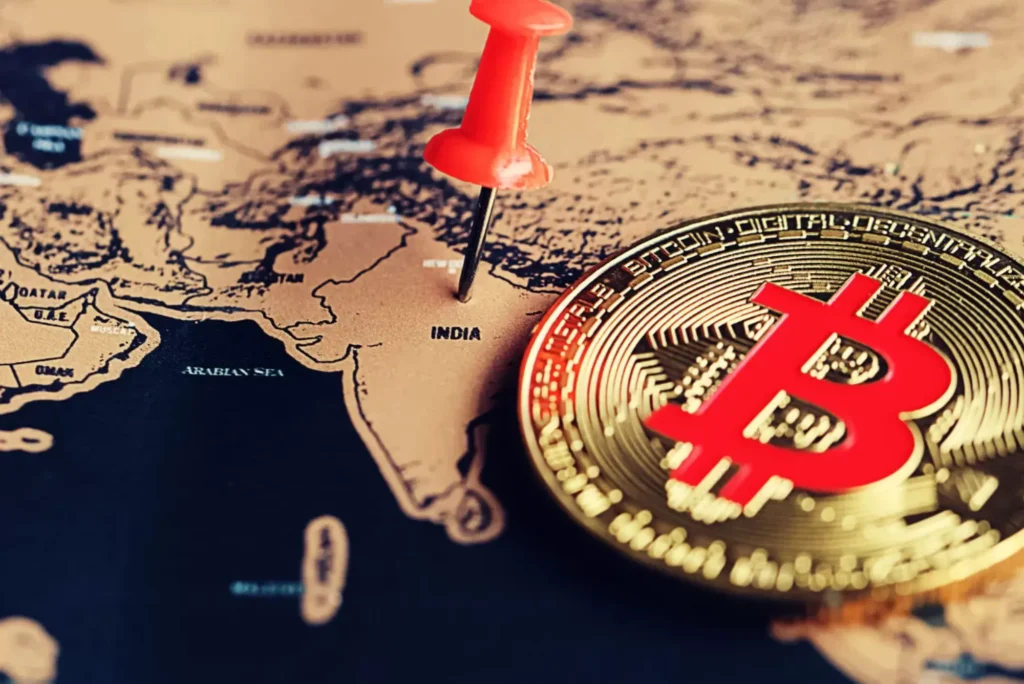Bitcoin trading has gained immense popularity in India, with an increasing number of people eager to invest in this digital currency. If you’re new to the world of Bitcoin trading, navigating through the Indian market may seem daunting. However, with the right knowledge and tools, you can start trading Bitcoin confidently. This comprehensive guide will walk you through everything you need to know about trading Bitcoin in India.
Understanding Bitcoin Trading
Before diving into Bitcoin trading, it’s essential to grasp the basics of how it works. Bitcoin is a decentralized digital currency that operates on a peer-to-peer network, allowing for secure and anonymous transactions. Unlike traditional currencies, Bitcoin isn’t issued or regulated by any central authority, making it immune to government interference or manipulation.
Legal Framework in India
While Bitcoin trading is legal in India, the regulatory landscape is still evolving. The Reserve Bank of India (RBI) has issued warnings about the risks associated with cryptocurrencies but hasn’t banned them outright. However, it’s crucial to stay updated on any changes in regulations to ensure compliance and mitigate risks.
Constitution of India
The Constitution, adopted in 1950, outlines the fundamental political principles, structure, procedures, powers, and duties of government institutions. It also guarantees fundamental rights to citizens and lays down the directive principles of state policy.
Legislation (Statutes)
Laws in India are enacted by Parliament (at the national level) and state legislatures (at the state level). Parliament enacts laws on subjects under the Union List, while state legislatures make laws on subjects under the State List. Both can legislate on the Concurrent List.
Judiciary
The judiciary in India is independent and plays a critical role in interpreting laws, ensuring justice, and protecting citizens’ rights. The Supreme Court is the apex court, followed by High Courts at the state level and subordinate courts.
Executive
The executive branch enforces laws and is headed by the President of India at the national level and the Governor at the state level. The actual execution of day-to-day governance is done by the Prime Minister and the Council of Ministers at the national level and the Chief Minister at the state level.
Criminal and Civil Law
India follows a dual system of law, separating civil and criminal matters. The Indian Penal Code (IPC) governs criminal law, while civil laws include the Contract Act, Civil Procedure Code, Family Law, and other specific statutes.
Regulatory Framework
Various regulatory bodies exist to oversee specific areas, such as the Securities and Exchange Board of India (SEBI) for financial markets, the Reserve Bank of India (RBI) for banking, and the Telecom Regulatory Authority of India (TRAI) for telecommunications.
Personal Laws
Personal laws related to marriage, divorce, inheritance, and family matters differ across religions in India. For instance, Hindus, Muslims, Christians, and Parsis each have their own set of personal laws.
Public Interest Litigation (PIL)
PIL allows citizens or organizations to approach courts directly on matters of public interest. It has been instrumental in ensuring social justice, environmental protection, and the enforcement of fundamental rights.

Choosing a Bitcoin Exchange
Selecting the right exchange is crucial for successful Bitcoin trading. Several exchanges cater to the Indian market, each offering unique features and services. Some popular exchanges in India include WazirX, CoinDCX, and ZebPay. Before choosing an exchange, consider factors such as security measures, fees, liquidity, and user interface.
Creating Your Trading Account
Once you’ve chosen an exchange, the next step is to create an account. The process typically involves signing up with your email address, verifying your identity, and securing your account with two-factor authentication. Make sure to follow the exchange’s instructions carefully to complete the registration process smoothly.
Funding Your Account
Before you can start trading, you’ll need to deposit funds into your exchange account. Most exchanges support multiple payment methods, including bank transfers, debit/credit cards, and digital wallets. Choose the option that suits you best and follow the instructions to deposit funds securely.
Executing Trades
With your account funded, you’re ready to start trading Bitcoin. Exchanges offer various trading options, including spot trading, margin trading, and futures trading. Spot trading involves buying and selling Bitcoin at the current market price, while margin trading allows you to trade with borrowed funds for potentially higher returns (but also higher risks). Futures trading involves speculating on the future price of Bitcoin.
Implementing Risk Management Strategies
As with any form of investment, How to Trade Bitcoin in India carries inherent risks. It’s essential to implement risk management strategies to protect your investment and minimize losses. Some common risk management techniques include setting stop-loss orders, diversifying your portfolio, and avoiding emotional trading.
Staying Informed
The cryptocurrency market is highly volatile, with prices fluctuating rapidly based on various factors such as market demand, regulatory developments, and macroeconomic trends. Staying informed about the latest news and market trends is crucial for making informed trading decisions. Follow reputable sources such as cryptocurrency news websites, forums, and social media channels to stay updated.

Trading Bitcoin in India can be a rewarding venture for those willing to put in the time and effort to learn the ropes. By understanding the fundamentals of Bitcoin trading, staying updated on regulations, choosing the right exchange, and implementing sound risk management strategies, you can navigate the Indian market with confidence. Start your Bitcoin trading journey today and unlock the potential of this revolutionary digital currency.
earn free bitcoin
Earn free Bitcoin can be an enticing prospect for crypto enthusiasts looking to bolster their holdings without investing additional funds. Various methods exist, from participating in Bitcoin faucets and completing microtasks to exploring referral programs and airdrops. While these avenues may offer modest rewards, they provide opportunities to accumulate Bitcoin over time. However, it’s essential to approach such endeavors with caution, as scams and fraudulent schemes abound in the cryptocurrency space. By exercising diligence and skepticism, individuals can navigate these opportunities safely and potentially benefit from the growing adoption of Bitcoin.










